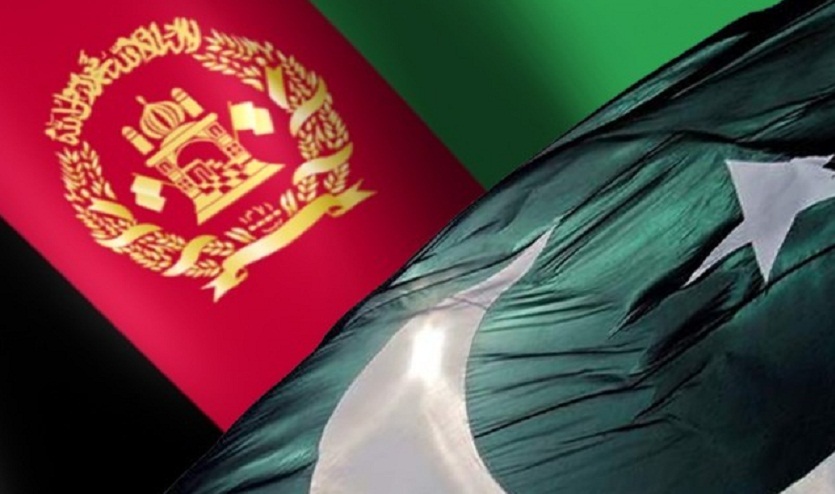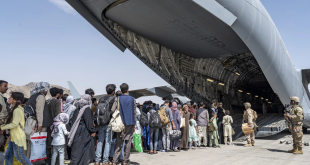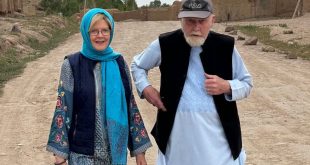Pakistan’s Foreign Minister Shah Mahmood Qureshi held another day long trip to Kabul whereas he held meetings with several high ups including his counterpart Salahuddin Rabbani. Qureshi’s trip to Kabul is part of his four country’s tour with a view to brief and consults its leaders on ongoing peace talks brokered by US Special Envoy Dr. Zalmay Khalilzad. After Kabul he will go to China, Russia and Iran. Except Afghanistan, the remaining three countries were missing in recently held talks on Afghanistan at Abu Dhabi. Since installation of Pakistan Tehrik Insaf government in previous August, its foreign Minister Qureshi is visiting Kabul for third time, confirming Premier Imran Khan’s keen interests in settling of long standing Afghan conflict. Main purpose of these talks is to end terror and violence in Afghanistan, which is equally beneficial to Afghanistan and Pakistan. But Pakistan backed Taliban leaders are presenting conditions after condition for their willingness to declare ceasefire and join main stream of political process. Even before inking final agreement, Taliban have refused to declare ceasefire, which confirms their helplessness before some powerful intruders. Though in early stages, the US remain major beneficiary of Afghan war by settling previous scores with the US by compelling the USSR to disintegrate. But in later stages, neighbouring countries entered into proxy wars on the soil of Afghanistan. And amongst them Pakistan is emerging the major beneficiary. But one thing is clear that Pakistan’s superiority in proxy war on the soil of Afghanistan may be harmful to the very internal and external interests of all neighbouring and regional countries. No doubt that people from particular mindset throughout Pakistan especial from military dominated establishment are jubilating continue violence and terror in Afghanistan, considering it in their interests but thinking democratic, progressive and moderate people are different. On the issue of ongoing US mediation and peace talks, the US scholars and politicians are also making comments. Majority of the Americans are also doubtful about Pakistan’s intentions and believe Pakistan is reluctant to let return of peace and stability in Afghanistan. Whatever might be agenda of Pakistan Foreign Minister trip to four regional countries, who are also counted amongst the stakeholders regarding Afghanistan but almost of these countries and alliances, are endorsing apprehensions of US scholars. They are also doubtful about Pakistan role in Afghanistan peace process. Saudi Arab and United Arab Emirates (UAE) after a prolong silence now jumped into the matter and they are also making attempts to convince Pakistan for making shifts in its Afghan policies. Since a long Saudi Arab lead allies always backed the religious circles of Afghanistan but from last several years, there is a visible shift in its policies. Saudi Arab, UAE and its others allies are desirous for an early resolution to Afghan conflict but its leadership is also interested to make safe and secure its regional and international interests. Instead of blind faiths the US, Saudi Arab, Afghanistan and other stakeholders sincerely wants an end to violence and terror in Afghanistan must remain alert and careful at this crucial stage. The war stricken Afghans having great hopes and expectations from the US, Saudi Arab, UAE and other stake holders to achieve a durable peace and security.

 Afghanistan Times
Afghanistan Times



